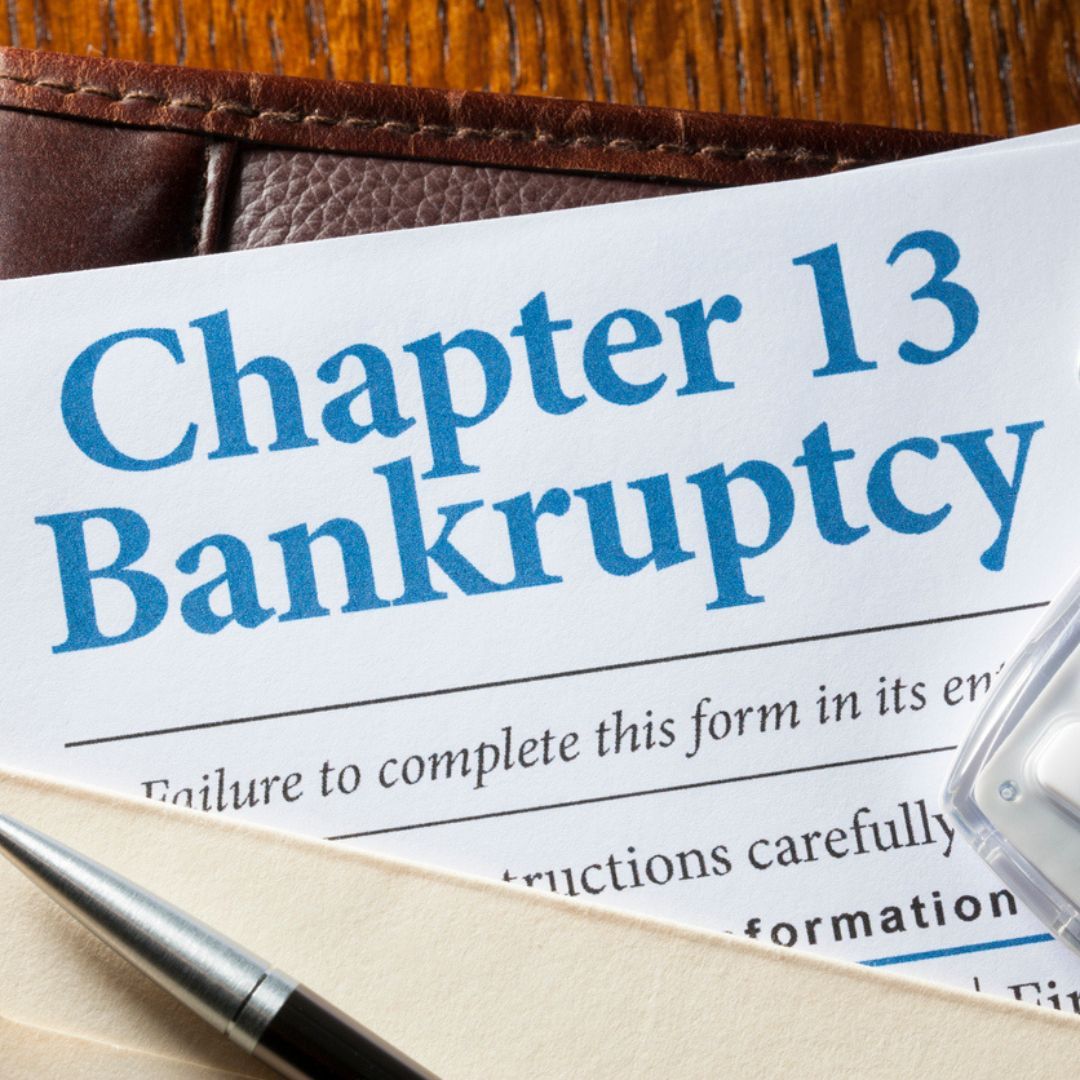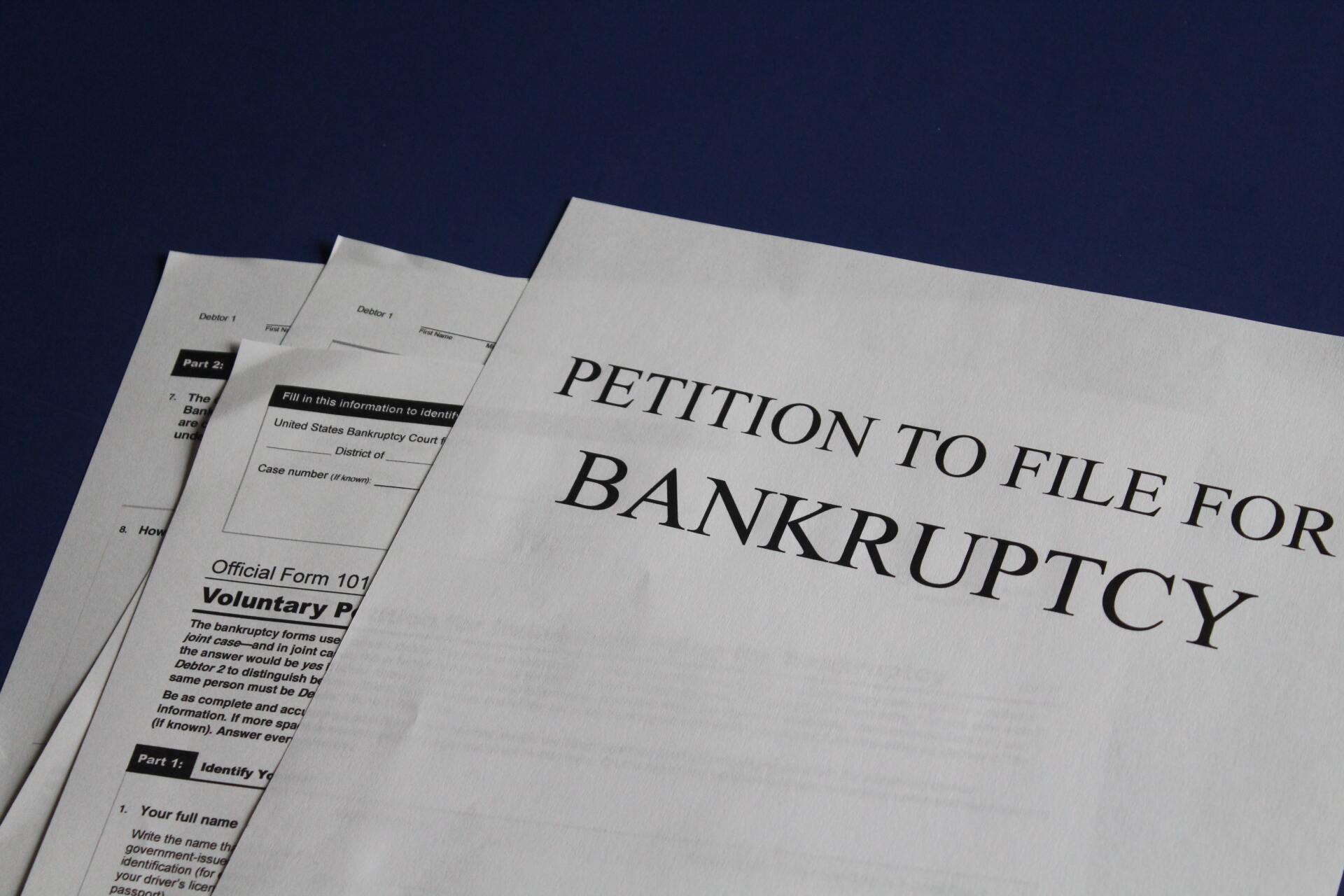Contact us today for a
FREE consultation to discuss bankruptcy or estate planning options
PRACTICE AREAS
Blog

By John P. Goetz (with content from U.S. Department of Justice)
•
21 Nov, 2022
In the past, it was very difficult to have student loans forgiven in bankruptcy. The standard was a test that made it next to impossible to get student loans forgiven. This past week, the Department of Justice announced they are going to ease the standards to allow for student loan forgiveness. The following is an announcement from the Department of Justice. If you believe you may qualify for student loan forgiveness in bankruptcy, fell free to schedule a free consultation with John Goetz Law, PLC by calling 540-495-1354 At a Glance: Department of Justice's New Process for Student Loan Bankruptcy Discharge Cases Each year, individuals in the bankruptcy process seek to discharge student loan debt in order to get the "fresh start" envisioned by the bankruptcy code. Congress has set a higher bar for discharging student loan debt compared to other debt—debtors who seek to discharge student loans must prove in a separate "adversary proceeding" that paying their student loans would impose an "undue hardship." But that higher bar need not be an insurmountable barrier for debtors who cannot afford to pay their student loans. The Department of Justice, in close coordination with the Department of Education, is implementing a new process at the outset of adversary proceedings in which debtors seek to discharge federal student loans in bankruptcy. While the bankruptcy judge makes the final decision whether to grant a discharge, the Justice Department can play an important role in that decision by supporting discharge in appropriate cases. The new process will help ensure transparent and consistent expectations for the discharge of student loan debt in bankruptcy; reduce the burden on debtors of pursuing such proceedings; and make it easier for Justice Department attorneys to identify cases where discharge is appropriate. Under the Justice Department's new process, debtors will complete an attestation form to assist the government in assessing the discharge request. The Justice Department, in consultation with the Department of Education, will review the information provided, apply the factors that courts consider relevant to the undue-hardship inquiry, and determine whether to recommend discharge. Even where the applicable factors may not support a complete discharge, where appropriate, the Justice Department will consider supporting a partial discharge. Justice Department attorneys will assess the undue-hardship factors in the following manner: Present Ability to Pay - Using existing standards developed by the IRS and the information provided by the debtor, the Justice Department attorney will calculate a debtor's expenses and compare those expenses to the debtor's income. If a debtor's expenses equal or exceed the debtor's income, the Department will determine that the debtor lacks a present ability to pay. Future Ability to Pay - The Department will then assess whether the debtor's present inability to pay is likely to persist in the future. The Department attorney will presume a debtor's financial circumstances are not likely to change if certain factors—such as retirement age, disability or chronic injury, protracted unemployment history, lack of degree, or extended repayment status—are present. Where such factors are not present, the Department attorney will assess the facts showing whether the debtor's present inability to pay is likely to persist. Good Faith Efforts - In assessing what courts call the "good faith" standard, the Department will focus on objective criteria reflecting the debtor's reasonable efforts to earn income, manage expenses, and repay their loan. The Department attorney will consider, for example, whether the debtor contacted the Department of Education or their loan servicer regarding payment options for their loan. A debtor will not be disqualified based on past non-payment if other evidence of good faith exists. A debtor also will not be disqualified based on their not enrolling in an income driven repayment plan where the debtor was deterred from participating in such a plan or otherwise provides a reasonable explanation for non- enrollment.
By John Goetz
•
09 Jun, 2022
Filing a bankruptcy may negatively affect your credit report and rating and could negatively affect the credit report and rating of a co-debtor. A bankruptcy attorney is not responsible for any problems with any credit report as a result of filing a bankruptcy and has no direct control over how debts are reported. Under current law, Credit Reporting Agencies may note a Chapter 7 Bankruptcy on a credit report for up to 10 years or a Chapter 13 Bankruptcy on a credit report for up to 7 years. Beware, however, that even after the 10 or 7 years have expired, banks and other lenders may still ask whether a bankruptcy has ever been filed bankruptcy, at any time, as a part of a loan application. The legal services supplied by a bankruptcy attorney normally do not include efforts to remove negative or false information from credit reports, without payment of an additional fee. Credit Reporting Agencies each publish procedures that may be followed for the removal of negative or false information on credit reports.
PHONE
FAX
(540) 359-6610
*Free consultation are for potential new bankruptcy or estate planning clients. All other consultations are billed at the attorney's normal hourly rate.
John Goetz Law, PLC is a debt relief agency. We help people file for Bankruptcy under the United States Bankruptcy Code.
The information you obtain at this site is not, nor is it intended to be, legal advice. You should consult a local attorney for advice regarding your individual situation.
© 2021 John Goetz Law, PLC. All Rights Reserved.












